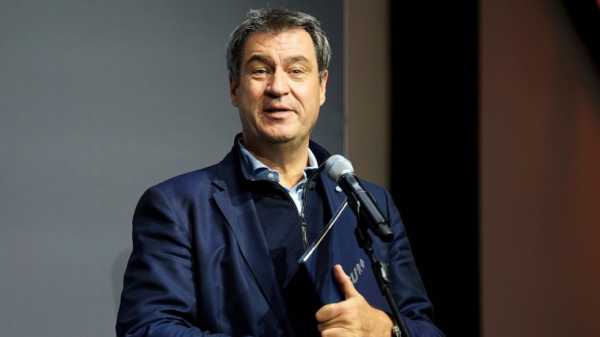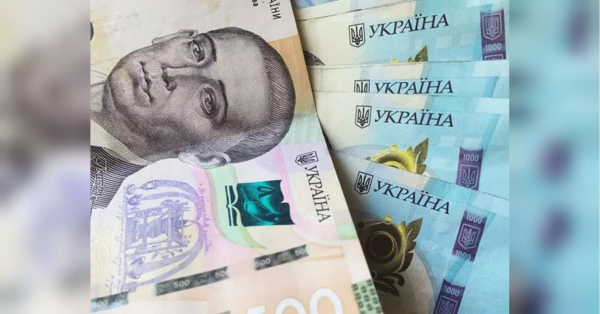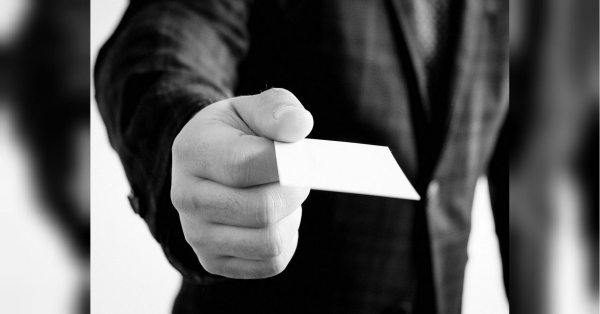
BERLIN — Leaders of Germany's main opposition bloc called Friday for voters turned off by the government to back them in two major state elections this fall, arguing that they are the best bet for stability while voting for a burgeoning far-right party would bring no change.
The Oct. 8 elections in the southern state of Bavaria and neighboring Hesse come at the half-way mark of center-left Chancellor Olaf Scholz's term. The center-right Union bloc — which currently leads both regions — hopes to capitalize on discontent with his often-rancorous three-party coalition, and keep down support for the far-right Alternative for Germany, or AfD.
The Union, which governed Germany for 16 years until 2021 under then-Chancellor Angela Merkel, leads national polls but with lackluster ratings of around 28%. AfD has fed on discontent about issues — such as migration, inflation and the government's climate plans — to reach record levels of 18-20%.
On Sunday, voters in an eastern region elected AfD's first head of a county administration, who defeated a candidate from the Union.
Leaders of the Union, a two-party bloc, issued an “Agenda for Germany” as they met Friday in Munich, including calls for tax relief for low earners, more checks at Germany's borders and “zero tolerance for criminals.”
“Is an Alternative for Germany needed in this situation in which inflation and energy prices are persistently high? No … we are the solution,” Bavarian governor Markus Soeder said.
“Conservative stands for security, conservative stands for stability; the more turbulent the times, the more stability and security is necessary, and we as the Union can offer it, particularly as opposed to those who only work with fear and rage, like AfD,” Soeder added. “AfD will change nothing, nothing at all; it will make the situation even more difficult and unstable.”
The Union plans to decide in the second half of 2024 who will challenge Scholz in Germany's next national election, expected in fall 2025. An ugly fight for the nomination in 2021 was one factor in a poor campaign that ended with Scholz's narrow win.
Sourse: abcnews.go.com






